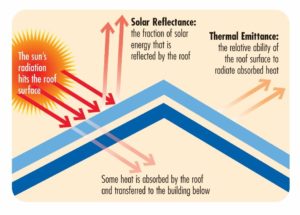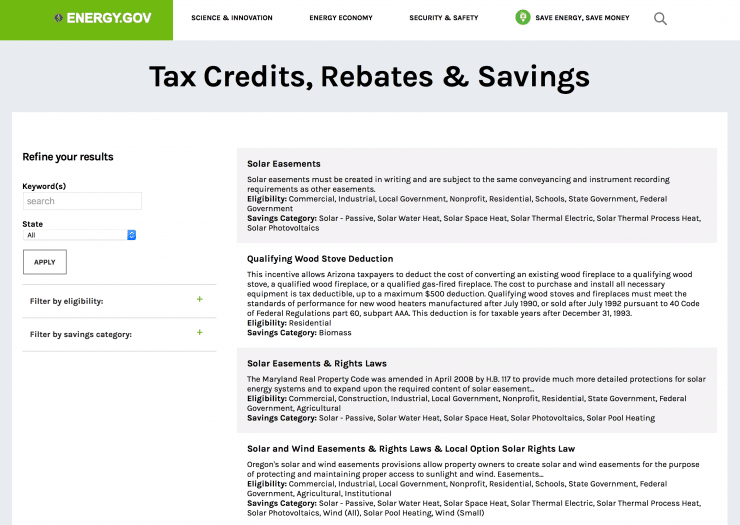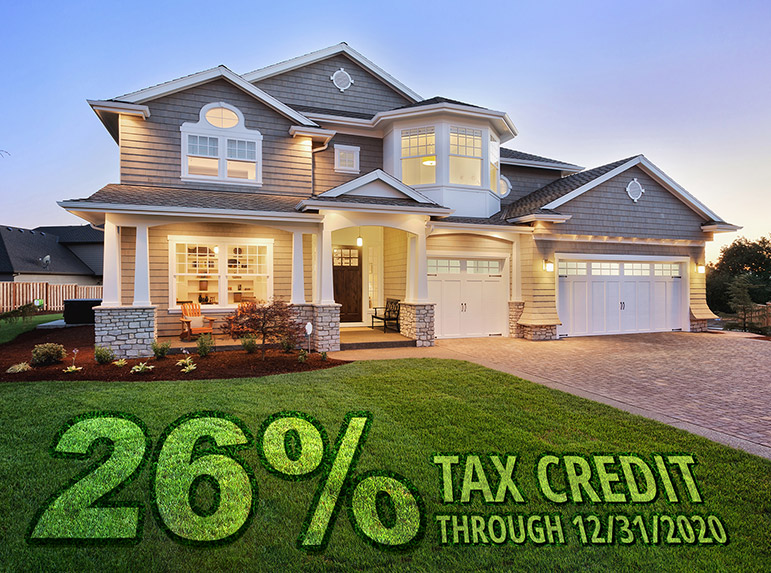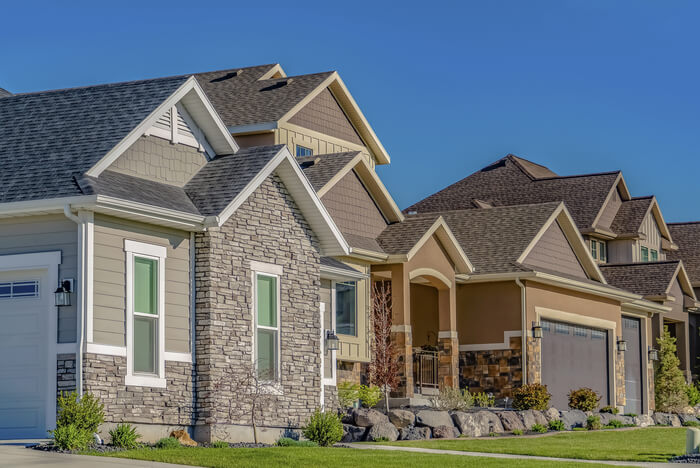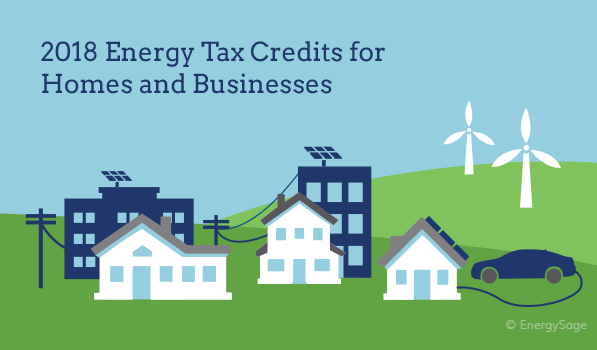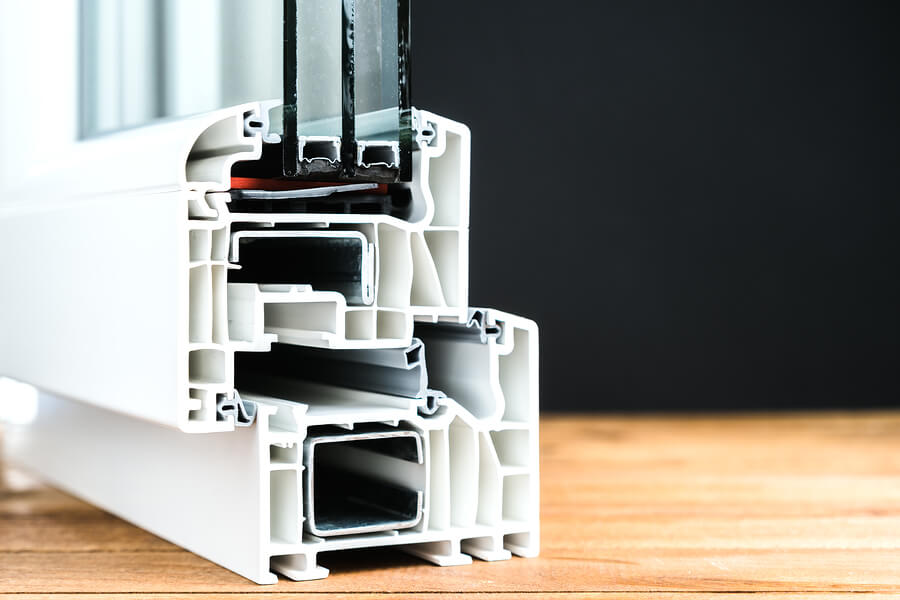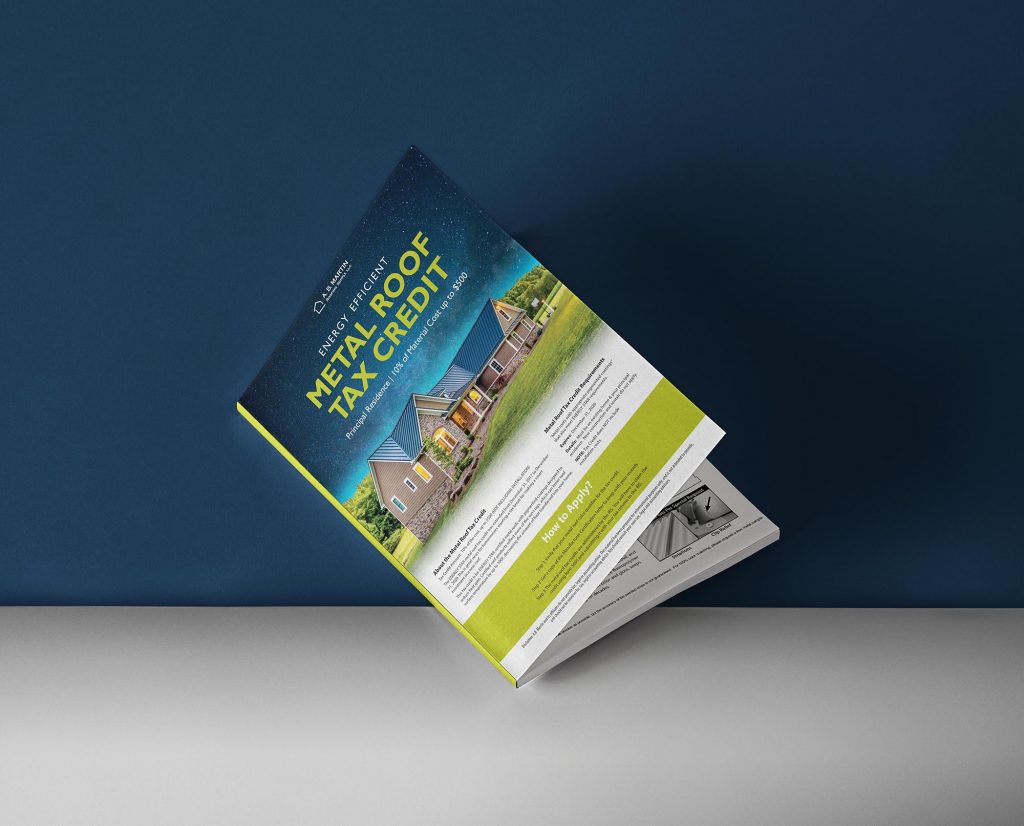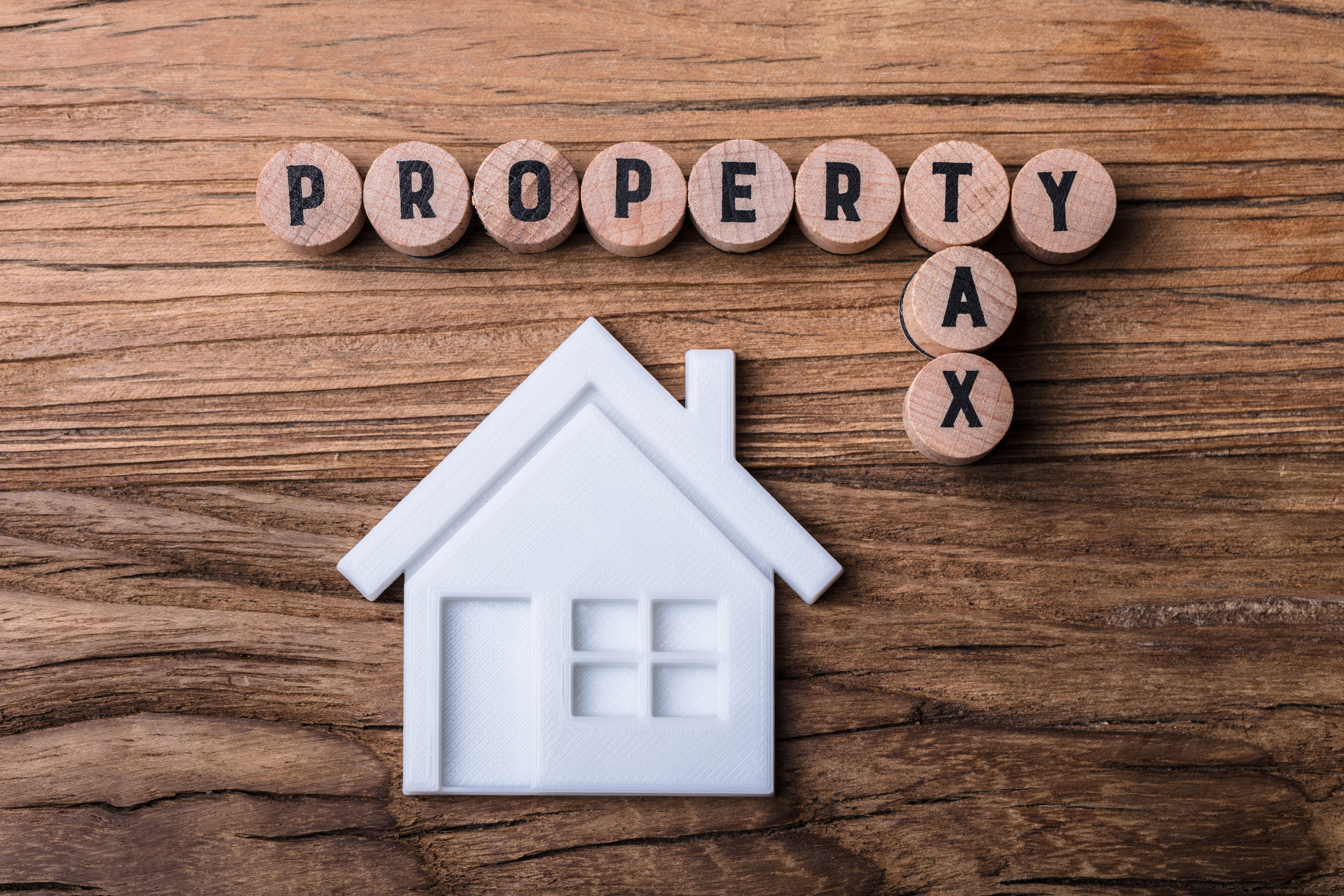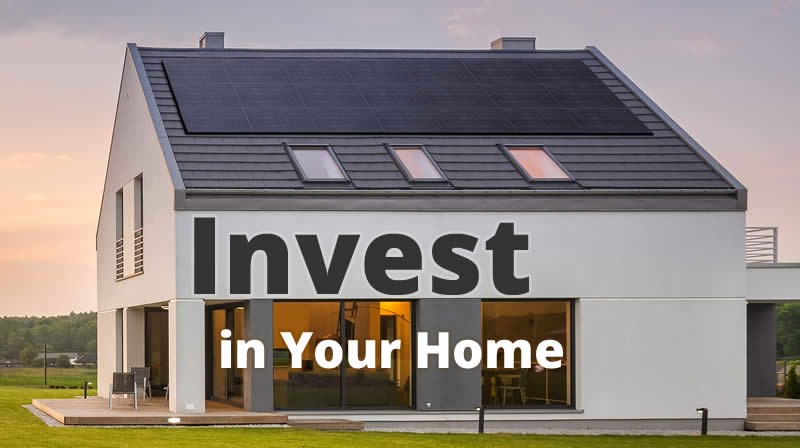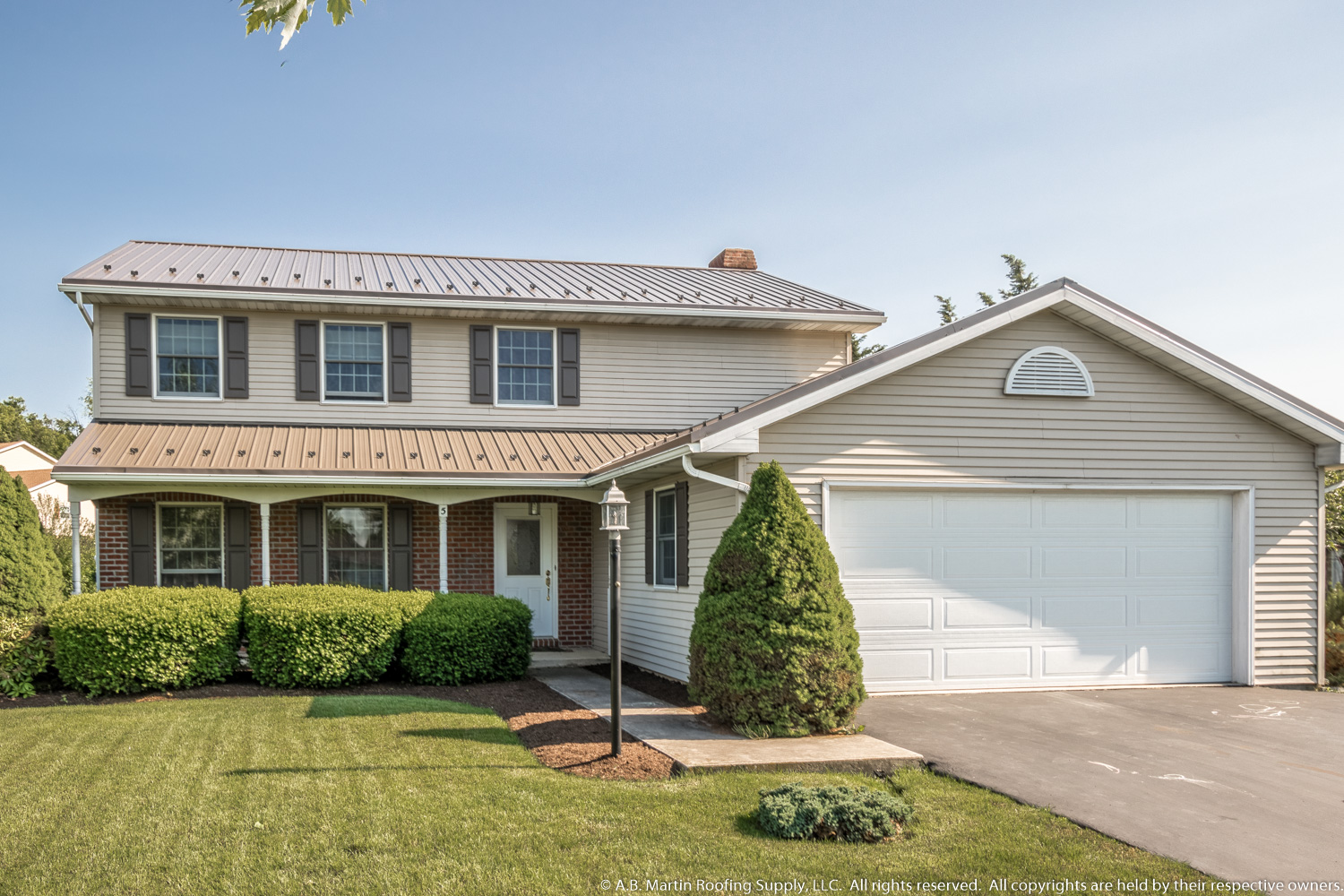The tax credit for builders of energy efficient homes and tax deductions for energy efficient commercial buildings have also been retroactively extended through december 31 2020.
Energy efficient siding tax credit.
Must be an existing home your principal residence.
Tax credits for residential energy efficiency have now been extended retroactively through december 31 2020.
Details of the nonbusiness energy property credit extended through december 31 2019 you can claim a tax credit for 10 of the cost of qualified energy efficiency improvements and 100 of residential energy property costs.
Federal income tax credits and other incentives for energy efficiency.
Equipment tax credits for primary residences.
Tax tip 2017 21 february 28 2017.
The non business energy property tax credits have been retroactively extended from 12 31 2017 through 12 31 2020.
Taxpayers who made certain energy efficient improvements to their home last year may qualify for a tax credit this year.
Summary of tax credit under the bipartisan budget act of 2018 which was signed in february 2018 a number of tax credits for residential energy efficiency that had expired at the end of 2016 were renewed.
Irs tax tip 2017 21 february 28 2017.
Homeowners may qualify for a federal tax credit for installing certainteed energy star qualified roofing products.
10 of cost up to 500 or a specific amount from 50 300.
In 2018 and 2019 an individual may claim a credit for 1 10 percent of the cost of qualified energy efficiency improvements and 2 the amount of the residential energy property expenditures paid or incurred by the taxpayer during the taxable year subject to the overall credit limit of 500.
Federal income tax credits and other incentives for energy efficiency.
Solar wind geothermal and fuel cell technology are all eligible.
This credit is worth a maximum of 500 for all years combined from 2006 to its expiration.
December 31 2020 details.
The tax credit for builders of energy efficient homes and tax deductions for energy efficient commercial buildings have also been retroactively extended through december 31 2020.
According to the irs instructions for form 5695 residential energy credits the nonbusiness energy property credit is available for any insulation material or system that is specifically and primarily designed to reduce the heat loss or gain of your home however a component is not specifically and primarily designed to reduce the heat loss or gain of your home if it provides structural.
For more information see.
